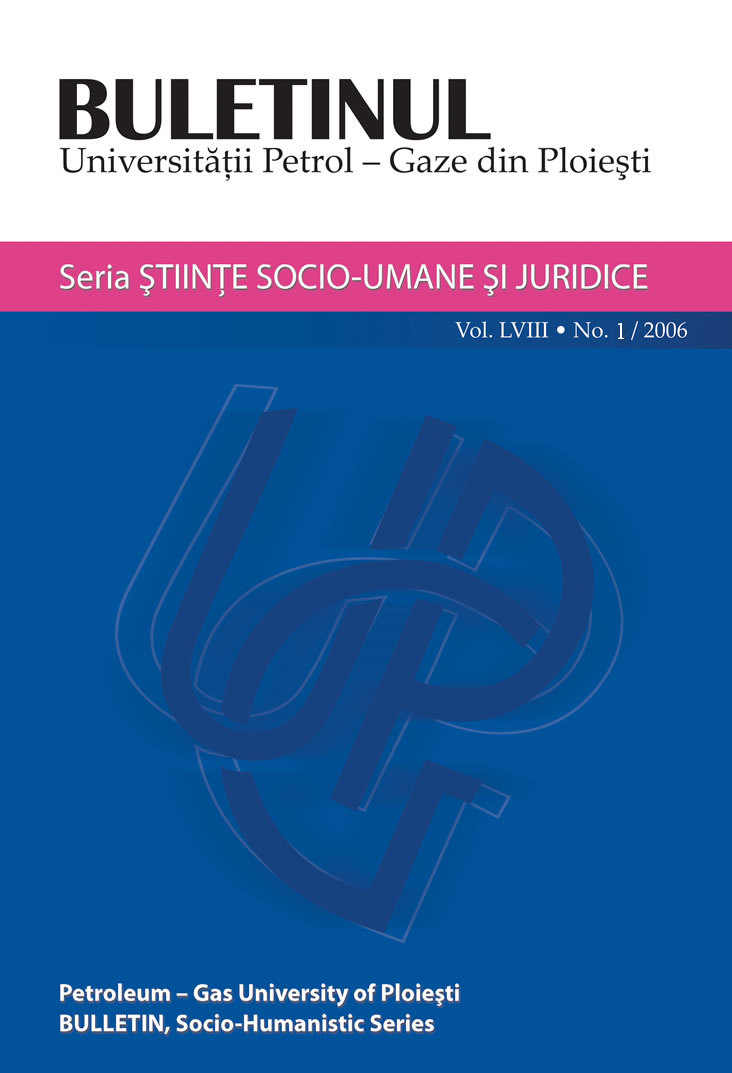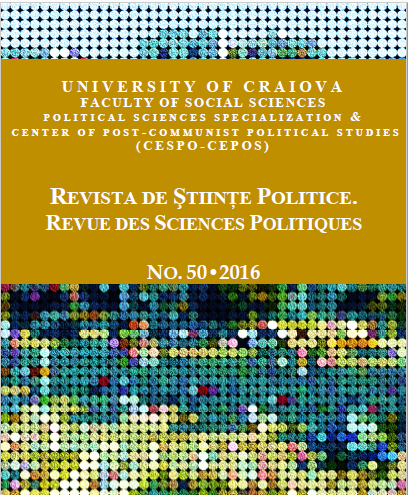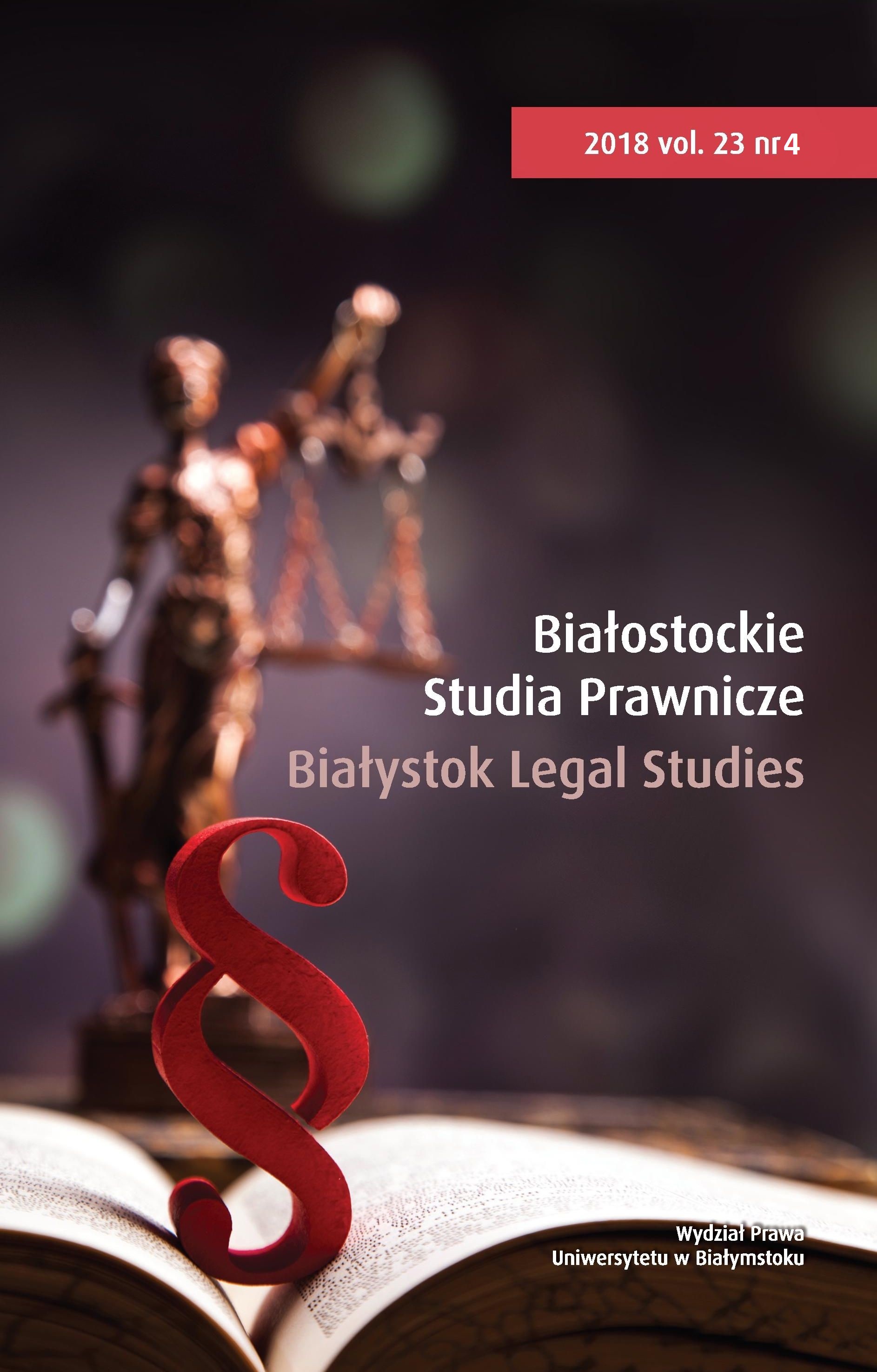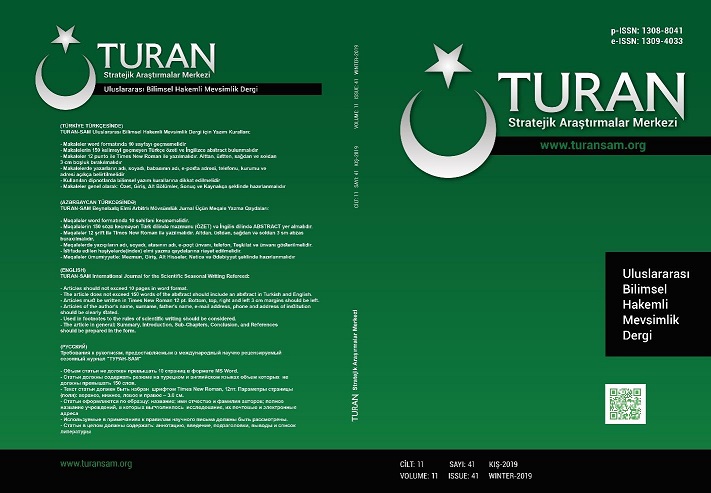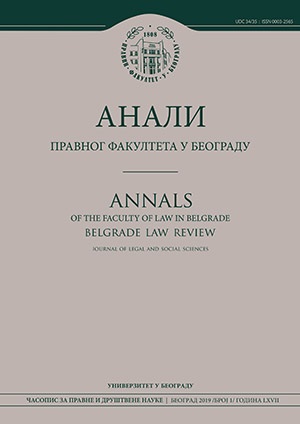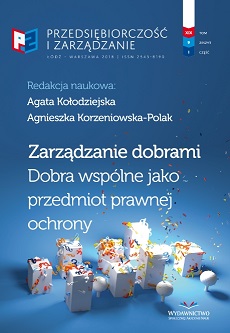
Polska jako dobro wspólne obywateli a migracje długoterminowe
According to the Constitution of 1997 the Republic of Poland is a common good of all Polish nationals. Taking into account the increasing scope of rights and freedoms guaranteed to foreigners and permanent approximation of their legal status to citizens’ position the question arises if there is a possibility to include specific groups of foreigners residing on the territory of Poland into the political community. This article aims at answering the question whether such inclusive character of “common good” is acceptable in the light of the Constitution and statutory law. The analysis of relevant provisions reveals that despite a wide range of freedoms and rights, even political ones, foreigners cannot be included into the community. Foreigners are not a subject of elective rights that lead to the full participation in the community which creates the content of common good. Nonetheless, citizens as “hosts of the state” can and should develop the content of common good considering freedoms and human rights of incomers.
More...
